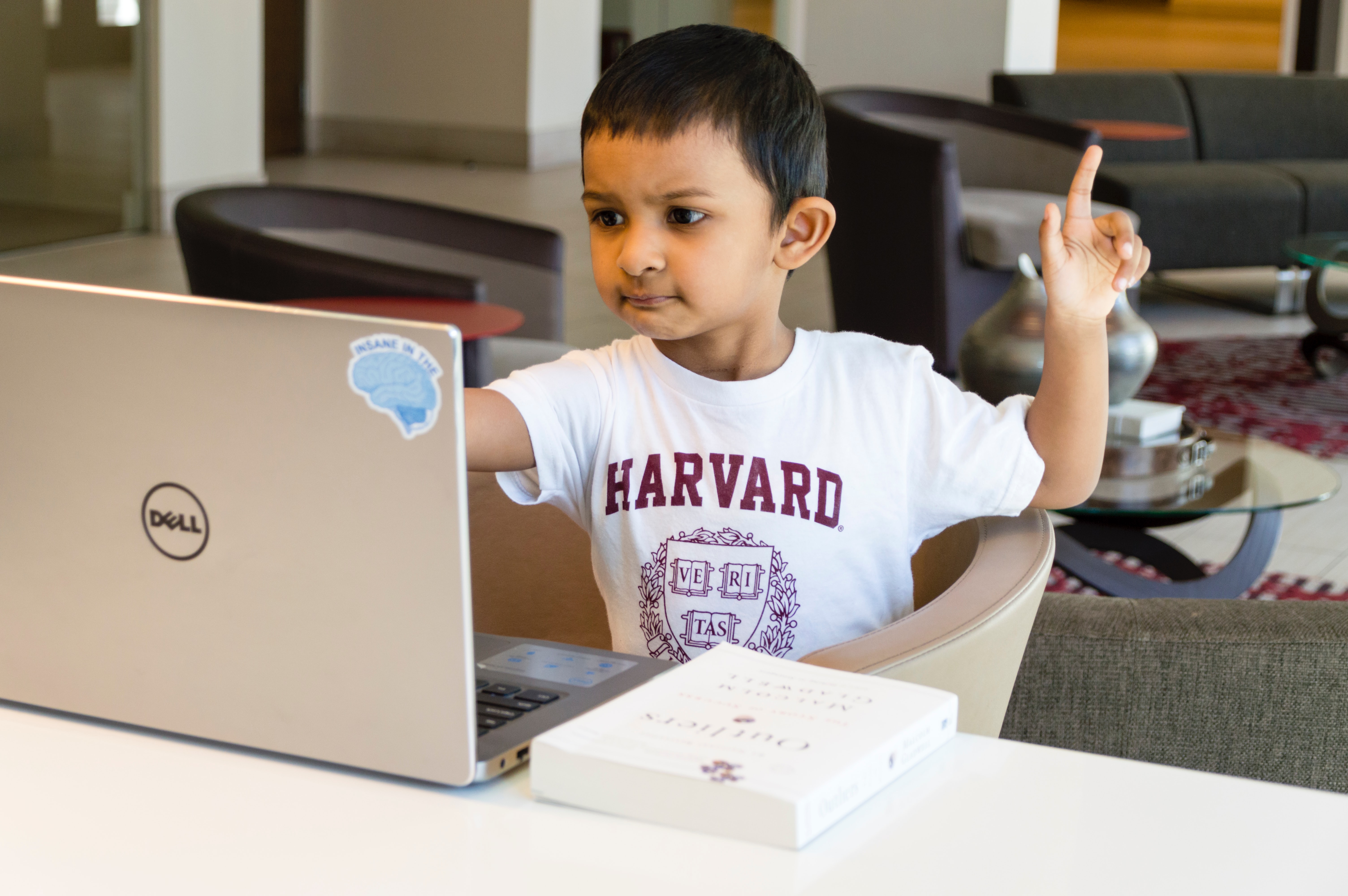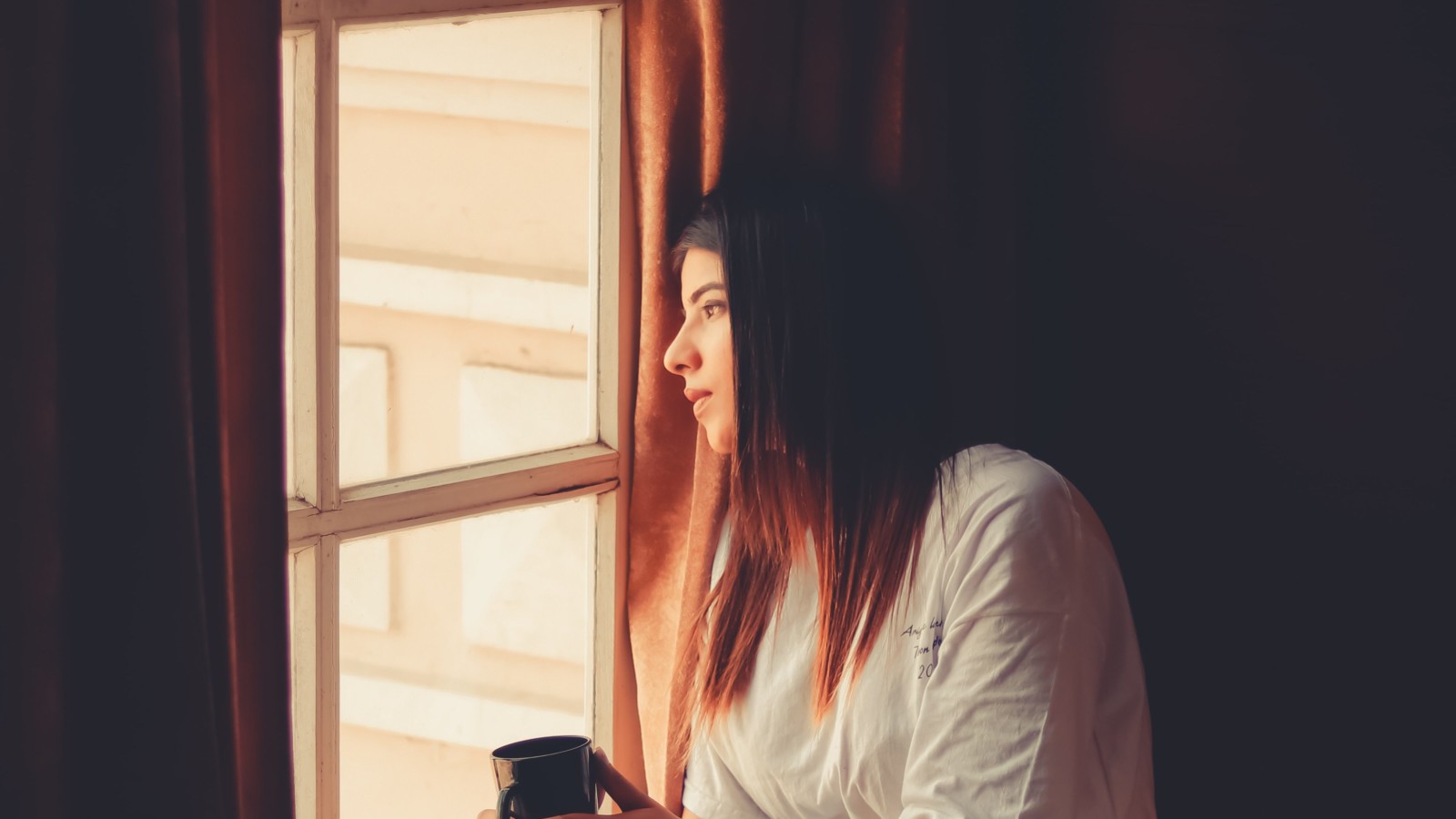To be able to connect to fellow beings is a primordial need in all of us. It starts with the infant bonding with the mother and develops into a more complex and sophisticated social network as we go along in the journey of life.
For young people, it becomes all the more important to connect with their peers. As they enter the teens, the attachment to parents and other primary caregivers diminishes and the attachment to their peer group begins to take centrestage. They prefer to spend all the leisure time with them and learn from their peer group. It’s a natural inclination to connect to somebody from your age group as that person is going through the same struggles as you are and have a better understanding of current cultural and social nuances.
Appropriate and positive peer support and relationships are essential prerequisites for the healthy development of any young person. In recent times, due to the pandemic and the restrictions that are being placed on young people, there has been a breakdown of this support network for them.
In my clinical work, I interact with a lot of young people in varying degrees of distress due to the lack of peer interaction and a sense of isolation that has developed, albeit my data is skewed due to the nature of my work. The distress ranges from minor grumblings and boredom to full blown depression and other mental health issues.

There should be six to eight hours of productive work like academics, an hour of physical exercise, an hour of learning something new and the rest can be utilised for leisure and socialising, virtually in the current scenario.
Equally, a lot of them are coping reasonably well and are getting on with life. Children and adolescents are generally very resilient and find ways of adapting. They are spending more time with their parents and siblings and learning new ways of filling their time.
Research in this area tells us that the majority of children will have no major long term negative consequences on their psychological development. Historically, there have been numerous instances of isolation and restrictions during times of war and prolonged illnesses and studies show that they manage reasonably well, though individual circumstances and vulnerabilities matter.
Obviously, access to peer groups virtually helps but is certainly not a replacement for real interactions. The trend has been towards developing and maintaining virtual relationships even before the restrictions, this has got exaggerated in the current situation.
There has to be a limit on virtual interactions with peers as well and it is essential to maintain a routine in terms of sleep hygiene and having a structure to the day. Exercise and physical activity is a must to maintain one’s wellness physically and mentally. They can be encouraged to develop hobbies such as cooking, arts and music.
Like with all of us, it helps if there is a balance of activities in the day. There should be six to eight hours of productive work like academics, an hour of physical exercise, an hour of learning something new and the rest can be utilised for leisure and socialising, virtually in the current scenario.


